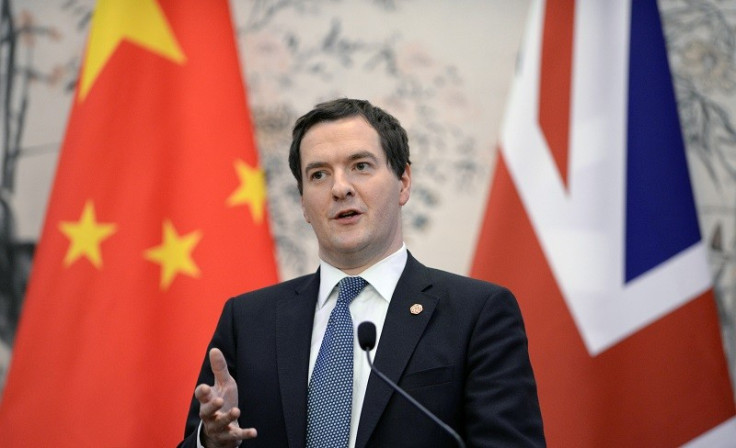'Tighter Regulation and Red Tape' Dissuades UK SMEs From Trading Abroad

Tightened regulation and red tape stops small and medium sized companies in the UK from trading overseas, according to new research.
Business services and software firm Sage, which questioned 500 employers, found just 6% of respondents said trading abroad was a big goal for their business next year.
The research also revealed a majority (64%) of UK firms do not currently trade internationally and, of those that do not, a vast majority (75%) have no plans to in the future.
"Small businesses need help exporting to get that foothold in overseas markets," says Simon Hodgkins, head of Sage One UK and Ireland.
He added: "Our research shows that there is very little understanding of how to go about making the first step in international trading - small businesses need to have the right support and guidance as navigating the different regulations and approaches to business can be daunting."
In addition, UK firms revealed the main barriers to trading abroad were understanding international trading regulations (15%), access to the right guidance and support (12%), and access to finance (10%) - as well as not knowing where to start (10%).
For almost quarter (23%) of employers who have existing export contracts, they suggest currency complexities; overseas government interference, red tape logistics and language barriers mean there are few opportunities for expansion.
Statistics from UK Trade and Investment show that companies which export see a 34% increase in productivity within their first year of exporting, and are 11% more likely to survive.
The figures follow a UK trade mission to China led by Chancellor George Osborne and the Major of London Boris Johnson.
The politicians unveiled a number of deals between the countries, including allowing Chinese banks to open branches in the UK and a plan to attract more students to London.
© Copyright IBTimes 2024. All rights reserved.







